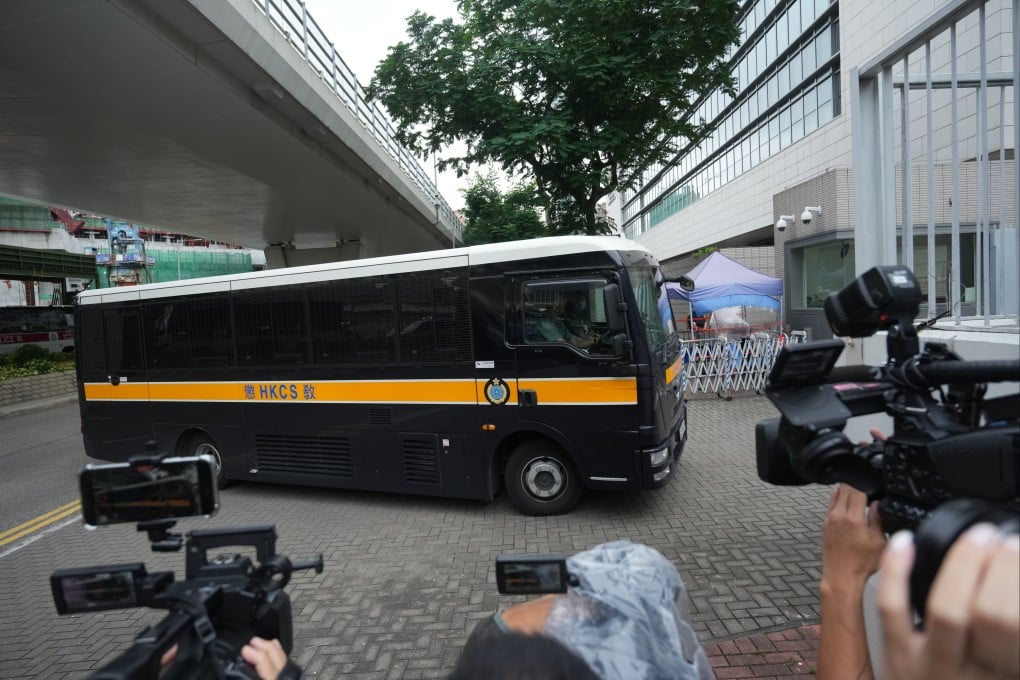Advertisement
Hong Kong 47: judges’ ruling on what constitutes subversion clarifies the law but still too broad and could be challenged in future, analysts say
- After 118-day trial spanning 10 months, three judges handed down verdict in landmark national security case involving 47 opposition figures
- Ordinary residents with no intention of breaking law are unlikely to be troubled by the implications of court’s ruling, scholar says
Reading Time:4 minutes
Why you can trust SCMP
28

A verdict in a landmark national security case in Hong Kong involving 47 opposition figures has set the basis for future appeals and serves to flesh out more fully a law that had been criticised previously for being too broad, legal experts have said.
While the court decision had given clarity, the issue of the scope of the law would still be in contention, one scholar said, while another said ordinary citizens with no intention to break the law were unlikely to be troubled by the implications of the ruling.
After a 118-day trial spanning 10 months, three Hong Kong designated judges laid down a verdict on Thursday concluding that the involvement by 45 opposition figures in an unofficial election to preselect legislative candidates constituted a “grand strategy of subversion” in breach of Beijing’s national security law. Only two defendants were acquitted.
The opposition figures had played various roles in the unofficial election they held, which they called a “primary” to maximise their chances of winning more than 35 seats of the then 70-member Legislative Council to gain control of it. The plot was then to veto fiscal bills and paralyse and overthrow the government.
Among all the arguments they heard, the judges addressed two key points in contention: whether a conspiracy existed among the participants to subvert state power and whether an indiscriminate vote against the government’s budget constituted “unlawful means” as mentioned in Article 22 of the security law.
Advertisement